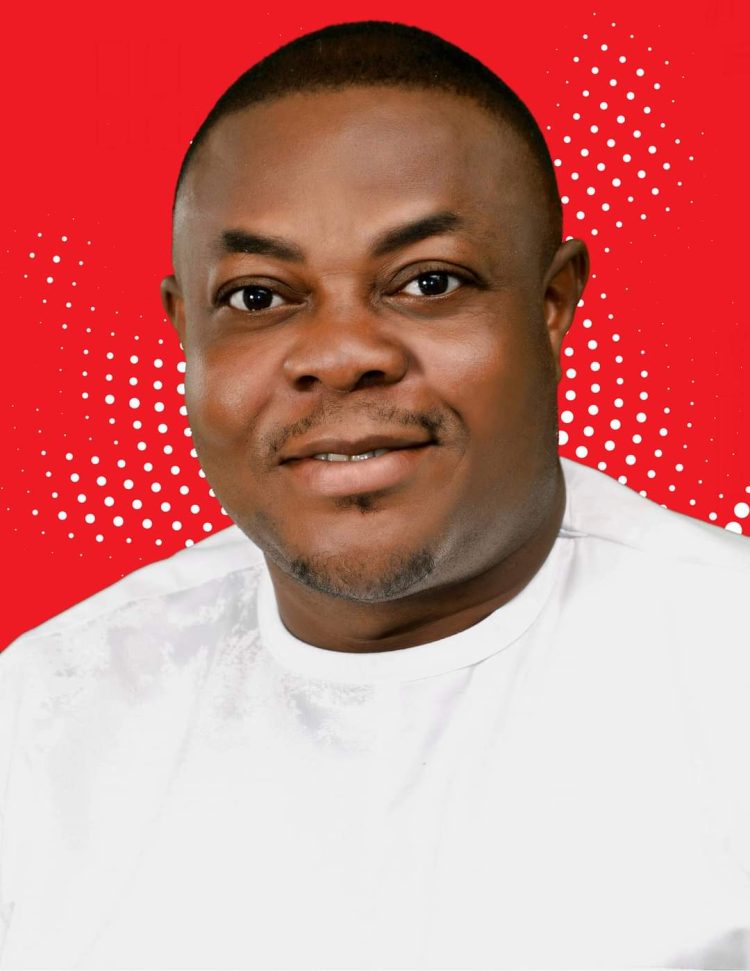
Godwin Ako Gunn, the Deputy National Communication Officer of the National Democratic Congress (NDC), has weighed in on the ongoing discussions surrounding the appointment of Metropolitan, Municipal, and District Chief Executives (MMDCEs) and the misunderstandings that have emerged.
In an interview with Citizen Kofi Owusu on Ahotor FM, Mr. Godwin Ako Gunn emphasized that the appointment of MMDCEs is ultimately the prerogative of the president. He explained that it is within the President’s constitutional authority to choose individuals for these roles, stating, “The President decides who becomes the MCE for a district or municipality. However, since the appointees come from the party, there is a process to identify interested candidates.”
He elaborated that the procedure typically begins with interested individuals submitting their names for consideration. These applications are reviewed at the constituency level before being forwarded to the regional level for further shortlisting. Once the list is narrowed down to three candidates, it is sent to the president for final approval.
Mr. Ako Gunn noted, “Although the process isn’t governed by any specific law mandating a step-by-step selection, the party ensures some level of consultation. Even so, there were complaints when the shortlisted names emerged, leading to a committee being set up to address petitions from aggrieved parties.”
He further revealed that independent bodies were engaged to conduct surveys on the shortlisted candidates, as well as others who hadn’t formally applied but were deemed popular within their communities. These findings were then forwarded to the President, who considers various factors, including tribal and social dynamics, before making the final decision.
Challenges in Securing Confirmation
Mr. Ako Gunn also addressed the challenges some appointees face during the confirmation process by assembly members. “Once the President nominates you, assembly members vote to confirm your appointment. If you fail to secure the required percentage in the first round, you may be presented again, as there could have been unforeseen issues. However, if you are rejected a second time, the President is compelled to replace you,” he explained.
He acknowledged that rejections could stem from several reasons, such as undisclosed issues involving the nominee or orchestrated opposition within the community. “Sometimes, another contender might mobilize people to create resistance if their preferred candidate is not selected. Politics is unpredictable, and such manoeuvres are part of the game,” Mr. Gunn remarked.
He concluded by urging stakeholders to approach the process with transparency and prioritize unity within the party. “We must ensure the process is free of unnecessary noise and focused on making decisions in the party’s and the community’s best interest,” he added.
Story by: Mercy Addai Turkson #ahotoronline.com



